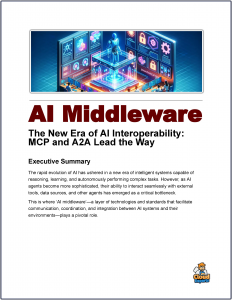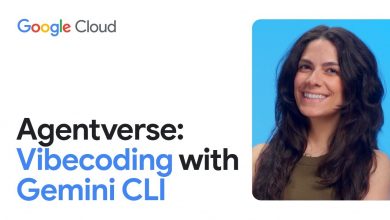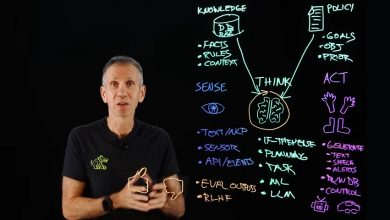What is MCP? Mike Chambers at AWS explains the ins and outs of MCP (Model Context Protocol)
Learn how this decoupled architecture changes the way we build agentic systems, paving the way for more flexibility and innovation in the AI landscape.
 In this video, Mike Chambers explains the ins and outs of MCP (Model Context Protocol), an open source protocol from Anthropic that enables the creation of agentic systems with LLMs.
In this video, Mike Chambers explains the ins and outs of MCP (Model Context Protocol), an open source protocol from Anthropic that enables the creation of agentic systems with LLMs.
Explore how MCP decouples agents from servers, allowing for seamless integration with cloud-based resources and remote functionality.
He’ll walk you through a demo of MCP in action with Amazon Q CLI, showcasing its ability to retrieve and process the latest information from AWS documentation.
MCP
The Model Context Protocol (MCP), introduced by Anthropic in November 2024, is an open-source standard designed to revolutionize AI agent development by simplifying how large language models (LLMs) and AI agents interact with external data sources and tools.
Often likened to a “USB-C for AI,” MCP provides a universal, standardized interface that allows AI systems to seamlessly connect to diverse systems—such as databases, APIs, file systems, or business tools like Google Drive and Slack—without requiring custom integrations for each.
This eliminates the complexity of fragmented, ad-hoc connections, enabling developers to build scalable, context-aware AI applications more efficiently. By using a client-server architecture, MCP enables AI agents (clients) to send structured requests to MCP servers, which handle authentication, data retrieval, and response formatting, delivering normalized results back to the agent.
This streamlined approach enhances AI agents’ ability to access real-time data and perform actions, such as updating a CRM or automating web tasks, making them more autonomous and versatile. For instance, in enterprise settings, MCP-powered agents can query databases or manage GitHub repositories, while in creative workflows, they can integrate with tools like Spotify to queue songs.
Despite its promise, MCP is still maturing, with challenges like limited documentation and potential latency in some server implementations.
Its adoption by major players like OpenAI, Microsoft, and GitHub, along with pre-built servers for platforms like Postgres, signals rapid growth in the AI ecosystem. By fostering interoperability, security, and modularity, MCP is poised to become a cornerstone for agentic AI, transforming isolated models into proactive systems that bridge data silos and enhance real-world applications.



